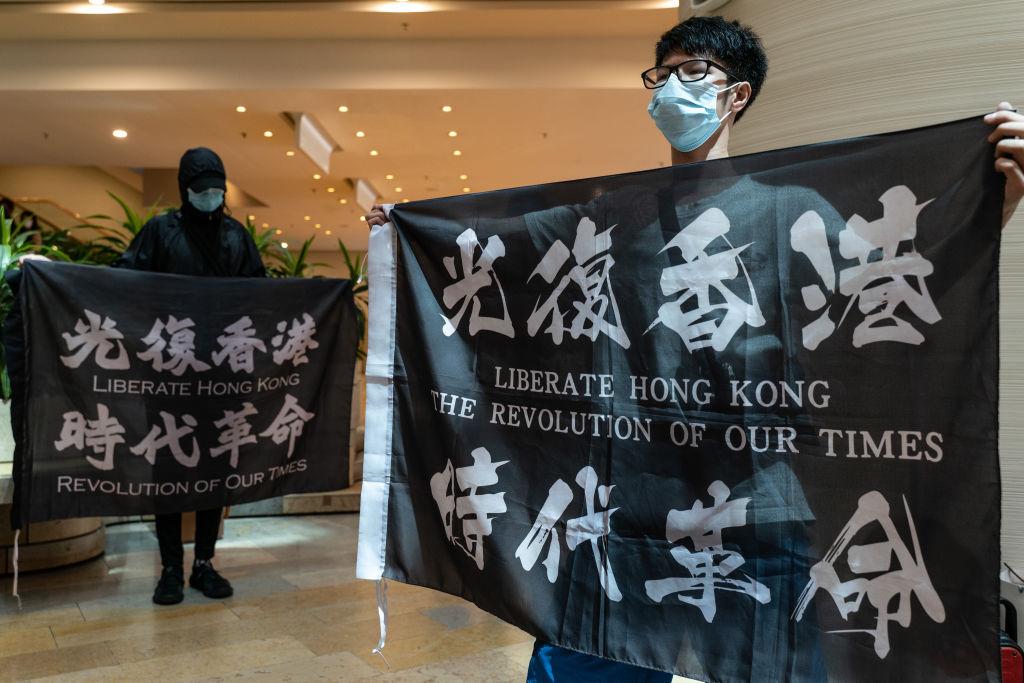China announced that it will hold another three-day meeting at the end of this month, a day after it gave more details about a new national security law for Hong Kong.
The standing committee of China’s rubber-stamp legislature, the National People’s Congress (NPC), will convene for three days beginning on June 28 in the capital Beijing, according to a June 21 report by Chinese state-run media Xinhua. According to the meeting agenda, the committee will discuss drafting of a patent law bill and an export control bill.





